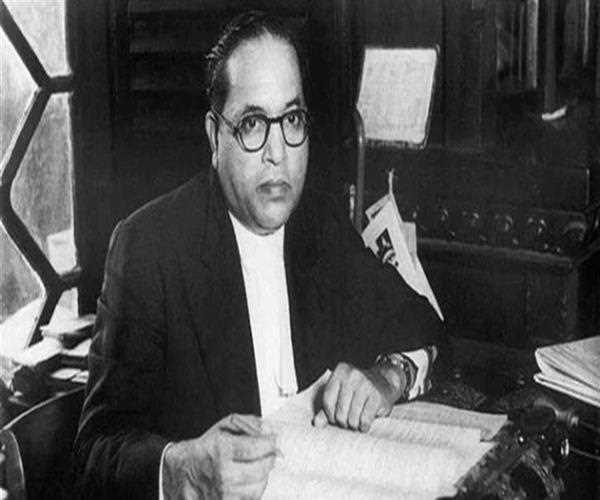Dr. B.R. Ambedkar, the principal architect of the Indian Constitution, was a strong advocate of political representation for all sections of Indian society. In his view, political representation was necessary to ensure that all sections of society were able to participate in the governance of the country. Ambedkar was a firm believer in the principles of democracy and was of the opinion that democracy could not survive without political representation. He was of the view that political representation was necessary to safeguard the interests of the people and to ensure that the voice of the people was heard in the corridors of power.
When it comes to political representation in India, Dr. B.R. Ambedkar's views are quite controversial. While some believe that he was in favor of a separate electorate for Dalits, others claim that he favored a joint electorate.

In reality, Ambedkar's views on political representation were quite complex. He initially favored a separate electorate for Dalits, but later changed his mind and advocated for a joint electorate.
Ambedkar's views on political representation were shaped by his experience as a Dalit in India. He witnessed firsthand the discrimination and exclusion that Dalits faced in Indian society. Ambedkar believed that Dalits needed their own political representation in order to ensure their equality and rights. However, Ambedkar was not content with simply ensuring that Dalits had the same rights as other citizens. He also believed that they deserved their own separate political representation, in order to ensure that their voices were heard and their interests protected. This was a controversial position at the time, and it ultimately led to Ambedkar resigning from the Constituent Assembly in protest. However, his legacy continues to influence Indian politics today, and there are now several political parties that represent the interests of Dalits.
Initially, Ambedkar favored a separate electorate for Dalits. He believed that this would allow Dalits to elect their own representatives, who would be more likely to fight for their rights. However, Ambedkar later changed his mind and advocated for a joint electorate.
Ambedkar's change of heart was likely due to his realization that a separate electorate would only further isolate and marginalize Dalits. He believed that a joint electorate would be more inclusive and would help to promote unity between Dalits and other sections of society.
While Ambedkar's views on political representation may be controversial, there is no doubt that he was a powerful advocate for the rights of Dalits in India. His work helped to pave the way for the inclusion of Dalits in the political process and to ensure their equality and rights. So, what was Ambedkar’s position on political representation in India? Simply put, he believed that Dalits deserved their own separate political representation, in order to ensure that their voices were heard and their interests protected. This legacy continues to influence Indian politics today, and there are now several political parties that represent the interests of Dalits.